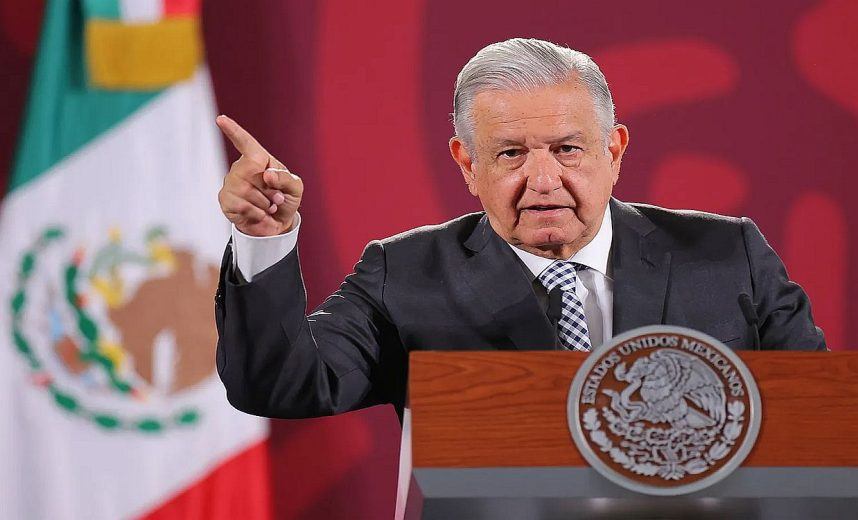Posted on: November 17, 2023, 07:30h.
Last updated on: November 17, 2023, 07:30h.
Starting this week, Mexico’s administration, led by President Andrés Manuel López Obrador, has taken a decisive step to bring reforms to the gaming industry. Following through on the president’s warning from a few months ago, it has issued a prohibition on slot machines in all casinos and betting establishments.

The measure seeks to ensure greater regulation and control, as mandated under the Federal Law on Gaming and Lotteries. At the same time, it’s also a jab by Obrador at former president Felipe Calderón, who he believes may have corrupted the gambling ecosystem.
The forthcoming reform will not be applied retroactively. As a result, casinos that currently operate slots sanctioned during Calderón’s tenure will retain the ability to use them until their concession ends. However, these privileges shall only endure for a maximum of 15 years, regardless of any previous agreements with the government. Once this timeline elapses, these rights will not be eligible for renewal or extension.
Rewriting the Book on Slots
On Thursday, the Official Journal of the Federation, the government’s official notification outlet, published a notice that changes the language of the Regulations of the Federal Law on Games and Sweepstakes. In line with Obrador’s wishes, it explicitly categorizes a slot machine as any mechanism employed by players to place wagers in anticipation of winning a prize.
It doesn’t matter if the player uses cash or any alternative payment method – anything that even closely resembles a slot is now illegal. This legislation effectively annuls the previously existing regulations that sanctioned the usage of these machines, thereby prohibiting all forms of gambling that were previously approved by law.
Prohibiting the utilization of slots is not the only measure that has been implemented. Another criterion for exclusion involves the total count of operators in the gaming ecosystem. Those with an active license can continue to operate, but they will not be eligible for permit extensions or renewals.
In addition, there are a handful of operators who have received licenses but who have yet to open their businesses. Unfortunately for them, those licenses are now invalid.
The enactment of this law further stipulates that the issuance of new licenses for casinos shall be prohibited. Furthermore, the licenses granted for establishing and running betting centers at racecourses, frontons, remote betting centers and any other previously designated areas will have a maximum existence ranging from one year to a maximum of 15 years.
A New Direction
In 2012, Calderón enacted legislation authorizing the Ministry of Interior (Segob, for its Spanish acronym) to issue permits for slots. Subsequently, in 2016, Mexico’s Supreme Court provided its consent for the installation of slot machines within casinos. The ruling declared that these machines are considered legal when operated as raffle games rather than games governed solely by chance or skill. That has changed significantly since Obrador took office. He has been on a mission to alter the country’s gambling regime and his plans are working.
However, what’s to follow remains controversial. Mexico has had, for a long time, a problem with illegal casinos. There’s a concern that this segment will see an increase in activity with the loss of regulated slot machines across the country. What is almost guaranteed through the ban is an increase in online gambling. Mexico’s iGaming segment has become increasingly popular and will see even more traffic as slot fans look for alternatives.


